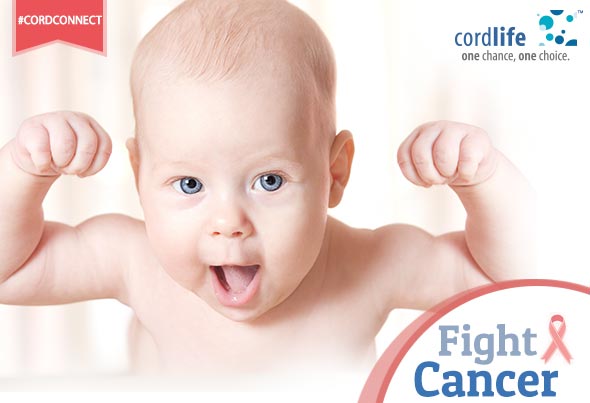Developing cancer at any stage of life is a frightening prospect, but it is doubly traumatic when children develop cancer. The disease can often have fatal consequences in the very young – in India, cancer ranks at number 9 amongst the diseases resulting in fatalities among children aged between 5 to 14 years.
Previously, childhood cancers such as lymphoma and leukaemia commonly affected children, but in the last decade, many cases of non-Hodgkin Lymphoma also appear to have surfaced. Additionally, the Indian Council of Medical Research estimates that while childhood cancers comprised about 2.5% of the total cancer cases in the country per year, today that number has jumped to 5.5%.
At a conservative estimate, about 45,000 children are diagnosed with cancer in India every year. However, despite the burden of the disease, there are not many priority-level research studies or treatments being made available to the afflicted. While known treatments such as radiation and chemotherapy are routinely practiced to combat the spread of the disease, is it time to look for unconventional treatments that might affect a cure?
Umbilical Cord Stem Cells: A Ray of Hope
Science has already established that Umbilical Cord Stem Cells may cure as many as 80 potentially fatal diseases in children. Umbilical Cord Stem Cells have significant applications in the cure of such childhood cancers as Hodgkin’s Lymphoma and Acute Lymphoblastic Leukaemia (ALL), among others. Umbilical Cord Blood has rich quantities of Haematopoietic Stem Cells (HSCs) which can regenerate into different blood cells. This means that they may regenerate healthy cells to replace the ones diseased by cancer.
Doctors in India are increasingly counselling pregnant mothers to consider banking their child’s cord blood as a type of health insurance against future diseases, especially childhood cancers.
Observing the International Childhood Cancer Day
In order to focus a brighter spotlight on children’s right to access to quality healthcare when suffering from childhood cancer, the International Childhood Cancer Day is observed annually on February 15 to express solidarity and support to child patients of cancer and their families. The day is conceptualised by the Childhood Cancer International, which is a collective of over 178 grassroot organisations in 90 countries. The day aims at creating awareness on the spectrum of childhood cancers, the challenges associated with tackling the disease and addresses present-day treatments and the need for access to better healthcare for every child.
